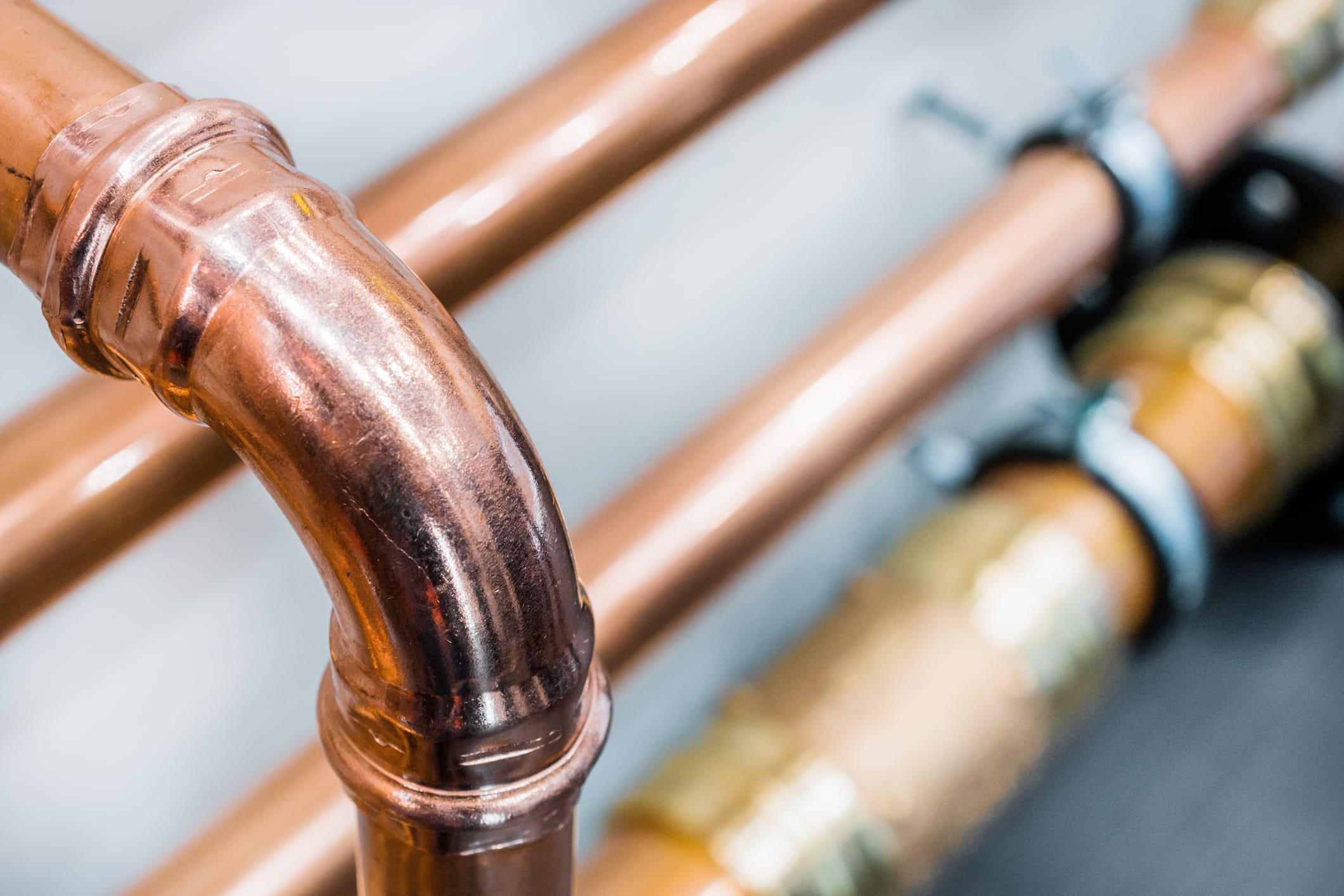Best Material for Sewer Lines: A Guide
4 min Read
Your sewer line is integral to moving wastewater from your home to the main city sewer line or septic tanks. Several types of materials are used to make sewer lines, and depending on what your home has now can make a difference in its durability and longevity.
If you own an older home, your sewer line might be made of cast iron or clay, while newer homes may have some form of plastic pipes. If you’re due for sewer line repair or replacement in Southeastern Pennsylvania, it’s essential to understand what materials are available to make an informed choice for your home.
Are you looking for same-day service with unbeatable prices? Call Mattioni at 610-400-8510 for Southeastern Pennsylvania sewer line repairs.
PVC for Sewer Lines
Polyvinyl Chloride, or PVC, is a synthetic plastic material used for sewer lines and other plumbing. It’s a modern material used frequently for sewer lines because of its positive features.
Advantages of PVC Piping
- Lightweight design
- Resistant to corrosion and chemicals
- Smooth interior surfaces help prevent clogs
- Durable and strong
- An affordable option for sewer lines
- Eco-friendly
Disadvantages of PVC Piping
- Weak to high heat and are vulnerable to fire
- Could freeze in freezing weather
Clay for Sewer Lines
Clay was used for sewer pipes for centuries for its durability and resistance to root intrusion. However, clay pipes mostly were phased out during the 1960s and 1970s. Though PVC has become the pipe material of choice, some clay sewer lines remain.
Pros of Clay Sewer Pipes
- Made of organic material and environmentally friendly
- Unaffected by acids present in wastewater
- Durable and can last for a long time
Cons of Clay Sewer Pipes
- Prone to roots growing in them, leading to blockages
- Expensive and challenging to transport
- Heavy and fragile
- More complicated to work with
- More expensive to replace and repair
Cast Iron for Sewer Lines
Cast iron is an alloy of iron that contains 2% to 4% carbon and varying amounts of silicon and manganese. It differs from steel because of its higher carbon content. It has been used for sewer lines for many years due to its long life span. However, there are some challenges when working with cast iron.
Advantages of Cast Iron
- Cast iron can last 75 to 100 years
- Resistant to damage from external pressures
- Provide excellent sound insulation
- Heat resistant
Disadvantages of Cast Iron
- Prone to rusting
- Expensive to install and repair
- Challenging to cut up
- Very heavy and can sink into the ground
ABS for Sewer Lines
Acrylonitrile butadiene styrene, or ABS, is a black plastic pipe used for drainage, sewage, and vents. It has some advantages compared to PVC, but it’s essential to note that ABS does contain BPA (bisphenol A), which has been linked to various health concerns, though the FDA has determined that the level of BPS in ABS is safe for use in food applications.
Pros of ABS for Sewer Lines
- Extremely durable
- Withstand high temperatures
- Resistant to chemical and physical damage
- Not susceptible to corrosion
- Will not deform when exposed to hot water
Disadvantages of ABS for Sewer Lines
- Weak to direct sunlight
- Better suited for outdoors than indoors
- It does not dampen the sound of running water
Schedule Sewer Line Services With Mattioni
You should now be well-versed in the kinds of materials used for residential sewer lines and can make an informed choice about sewer line replacement. If you need sewer line repairs or other sewer services, turn to Mattioni Plumbing, Heating & Cooling.
With over 75 years of experience, we can handle most of your sewer line problems. We always provide upfront pricing and offer rotating coupons and special offers! Whether you need a sewer line clog removed or a camera inspection, Mattioni can help!






